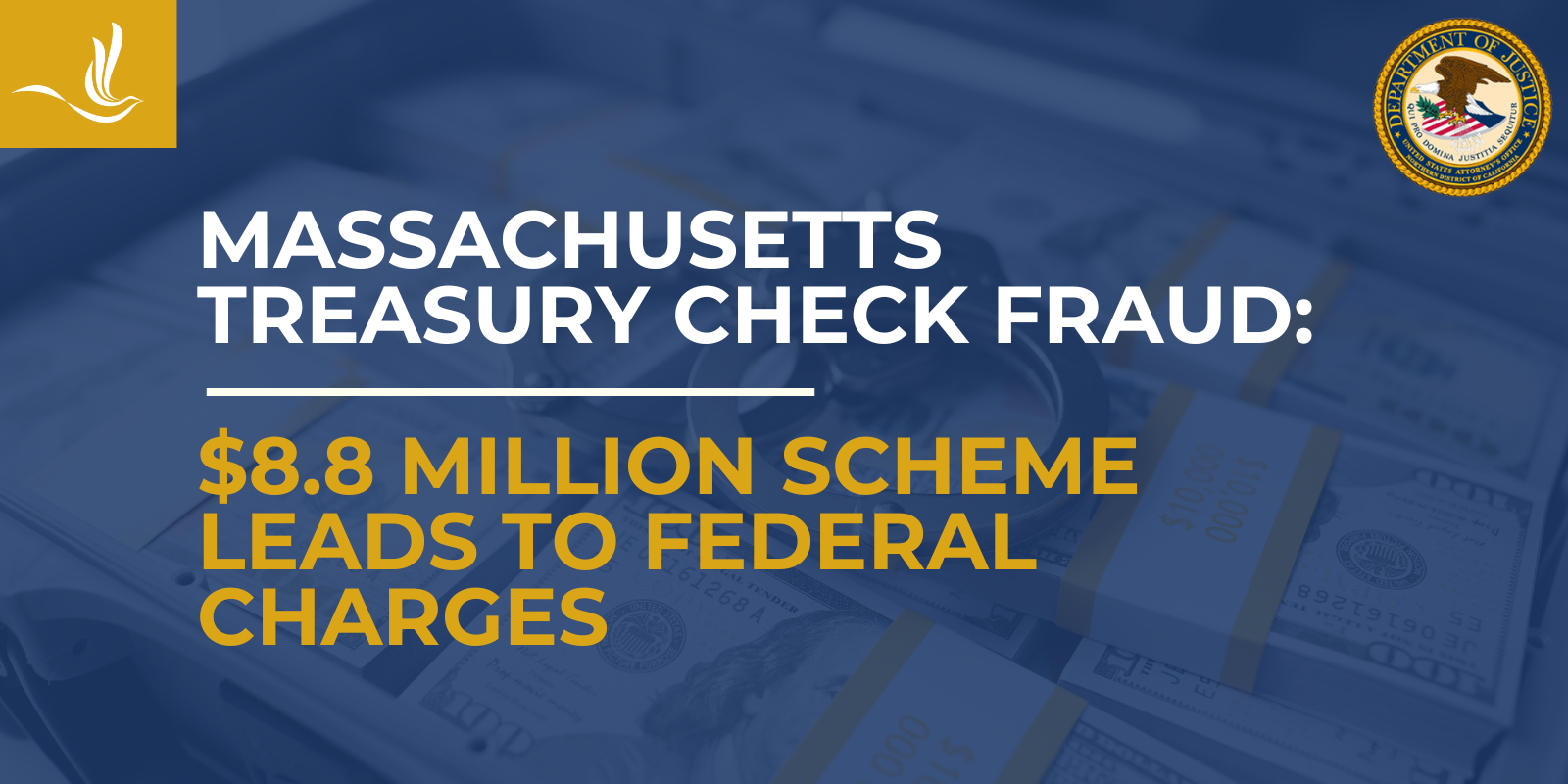The thought of an IRS audit can be intimidating, but understanding what triggers an audit can help you minimize your risk. While most taxpayers won’t be audited, certain red flags can increase the chances of IRS scrutiny. Whether you’re a W-2 employee, a small business owner, or an investor, knowing these warning signs can help you file correctly and avoid unnecessary trouble.
How Likely Are You to Get Audited?
The IRS audit rate is relatively low—only about 0.44% of individual tax returns are audited annually. However, some groups face a higher risk:
Self-employed individuals and small business owners
High-income earners (over $400,000)
Taxpayers claiming large deductions or business losses
Those who fail to report all income
Top Red Flags That Can Trigger an Audit
1. Failing to Report All Taxable Income
The IRS receives copies of tax forms from employers and financial institutions. If your return doesn’t match IRS records, it may trigger an audit.
How to avoid it:
Double-check all tax documents before filing.
Request an IRS wage and income transcript.
Report all income, including 1099-K earnings from platforms like PayPal or Venmo.
2. Claiming Excessive Deductions
Deductions reduce taxable income, but unusually high deductions compared to your income level can raise red flags.
Common audit-triggering deductions:
Large charitable donations
High business expenses
Unusually large home office deductions
How to avoid it:
Keep receipts and records for all deductions.
Obtain written acknowledgments for charitable donations.
Ensure business expenses are legitimate and necessary.
3. Reporting Large Business Losses
Frequent losses can lead the IRS to classify your business as a hobby rather than a legitimate enterprise.
How to avoid it:
Keep detailed financial records.
Show a profit in at least three out of five years.
Avoid claiming personal expenses as business deductions.
4. Claiming 100% Business Use of a Vehicle
Even if a vehicle is primarily for work, the IRS expects some personal use.
How to avoid it:
Maintain a detailed mileage log.
Use an app or journal to track business vs. personal mileage.
5. Operating a Cash-Intensive Business
Businesses handling large cash transactions, like restaurants and salons, are at higher risk of underreporting income.
How to avoid it:
Accurately report all cash income.
Keep detailed records of sales and expenses.
6. Large Real Estate Losses
Rental property losses can raise IRS scrutiny, especially if you don’t qualify as a real estate professional.
How to avoid it:
Meet IRS criteria for active participation in rental activities.
Keep records of rental income and expenses.
7. High Cryptocurrency Transactions
The IRS closely monitors cryptocurrency trades. Failure to report gains and losses can result in penalties.
How to avoid it:
Keep detailed transaction records.
Use IRS-approved forms for crypto income reporting.
8. Claiming the Earned Income Tax Credit (EITC) Without Eligibility
The IRS closely scrutinizes EITC claims due to high fraud rates.
How to avoid it:
Ensure you meet income and dependent eligibility requirements.
Keep proof of income and household dependents.
How to Reduce Your Audit Risk
Even if you qualify for deductions, it’s essential to file correctly and keep accurate records. Here’s how:
Report all taxable income – Use an IRS transcript to confirm reported income.
Keep detailed records – Save receipts, bank statements, and business logs.
File on time – Avoid late filings, which can draw IRS attention.
Use a reputable tax professional – A CPA or tax preparer can ensure accuracy.
What to Do If You Get Audited
If you receive an IRS audit notice, don’t panic. Follow these steps:
Review the notice carefully – Identify which part of your return is under review.
Gather supporting documents – Provide receipts, bank statements, and tax records.
Respond promptly – The IRS typically gives you 30 days to reply.
Seek professional help – A tax attorney or CPA can assist with the audit process.
Most IRS audits are conducted by mail, but some require in-person interviews. Handling an audit professionally and providing requested documentation can help resolve issues quickly.
While most taxpayers won’t face an audit, certain red flags can increase your chances of IRS scrutiny. Avoiding errors, keeping accurate records, and following IRS guidelines can help you file with confidence. If you’re unsure about reporting income or claiming deductions, consult a tax professional to minimize audit risk and ensure compliance.
Book a free consultation with a Guardian Tax Professional today to get clear answers to your unique situation.





























